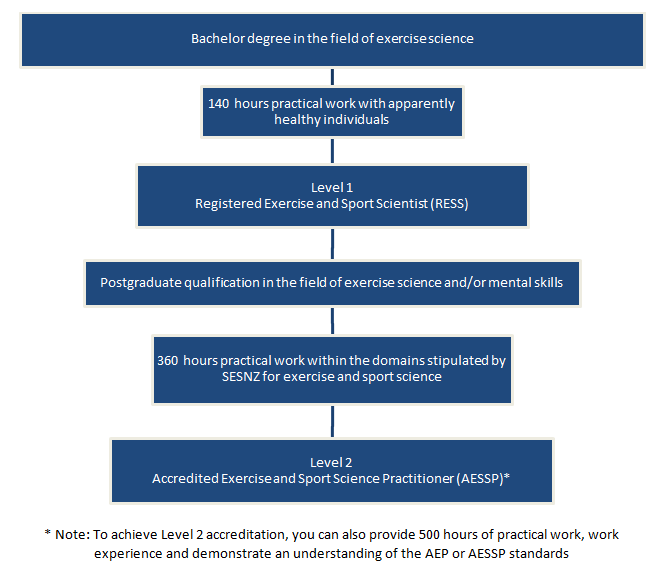Mental Skills
The mental skills trainer can use best-practice behavioural strategies that align with the unique needs of a client or a group of clients to enhance personal, athletic and sporting performance.
Scope of practice:
- Describe human behaviour in terms of personality, motivation and learning, and relate these influences to the behavioural aspects of health, exercise and sport.
- Describe the factors associated with realistic goal setting, exercise adoption and safe participation in physical activity.
- Describe the factors that influence and predict exercise adherence.
- Explain the role of exercise, physical activity and sport in mental health and wellbeing.
- Apply relevant psychosocial measures and behavioural tools in the delivery of an exercise program.
- Systematically assess an athlete’s cognitive/behavioural sport performance functioning.
- Establish the aspects of performance that require intervention, detail a performance profile/plan, and implement the plan for individual and teams.
- Measure and evaluate the effectiveness of interventions and modify plans accordingly
- Formulate strategies for behaviour modification to increase the adherence of clients to exercise and physical activity throughout the lifespan.
- Listen to and engage with the client and respond appropriately to match their various needs and preferences with realistic goals and safe, progressive improvement.
Skills and competencies:
Candidate case studies should demonstrate the following;
- Ability to assess an athlete’s concepts of motivation, anxiety and stress, self-confidence, concentration/attention and formulate a plan for behaviour modification
- Ability to critically evaluate sport psychology interventions and their application
- Demonstrate an understanding of social psychology and the role this may play on sporting performance
- Demonstrate an understanding of how participating in sport influences the development of an individual or player
- Demonstrate an understanding of how sporting environments may influence athletes psychological outcomes and experiences

Over the next 12 months the Exercise and Sport Science Accreditation pathway is under review.
The review is being led by Professor Andy Kilding with the intention being to work with High Performance Sport New Zealand, key sports organisations and Sport New Zealand to further develop the accreditation pathway in sport science so it reflects the future ways of working that will likely be required for sports scientists working in performance and health (non-clinical) settings.
